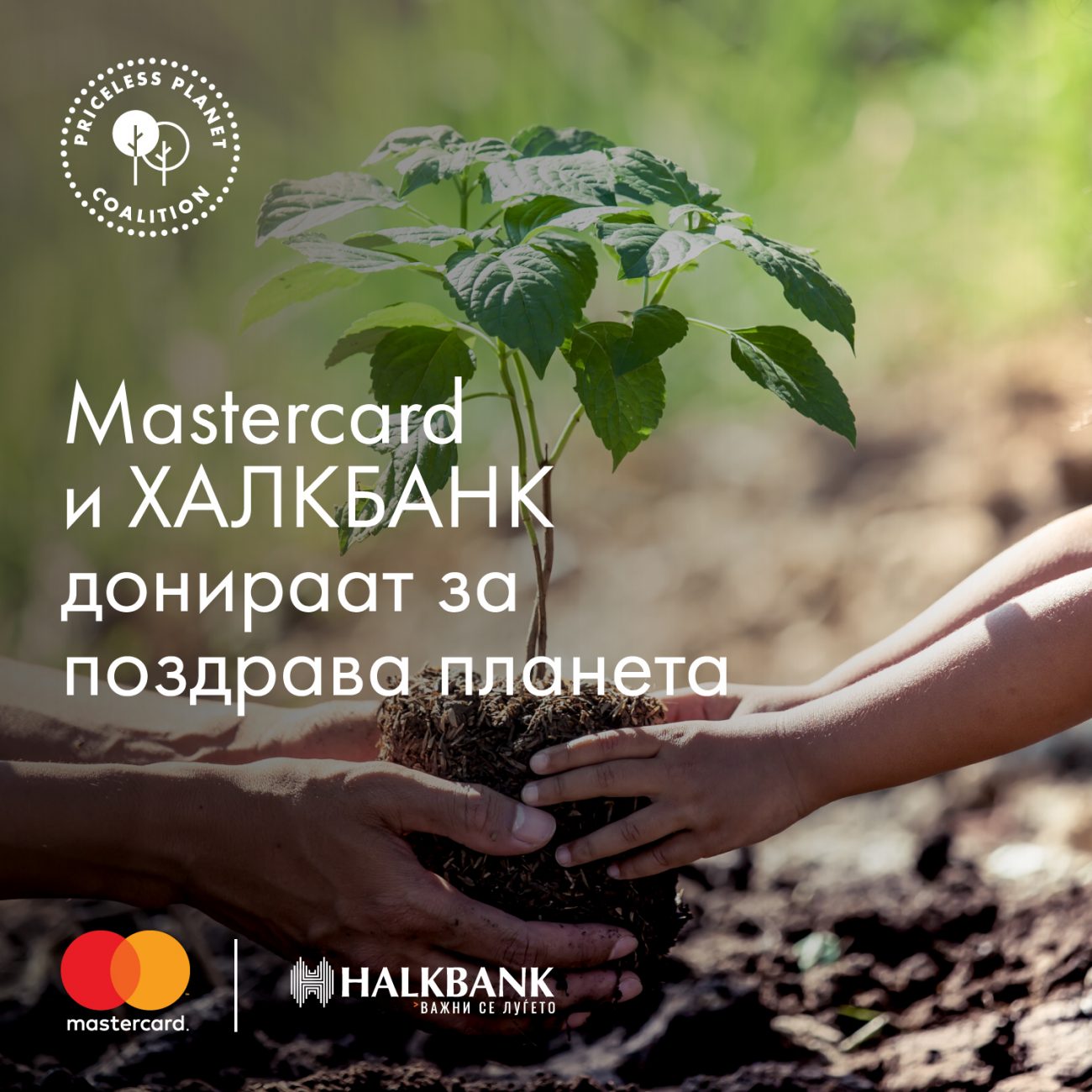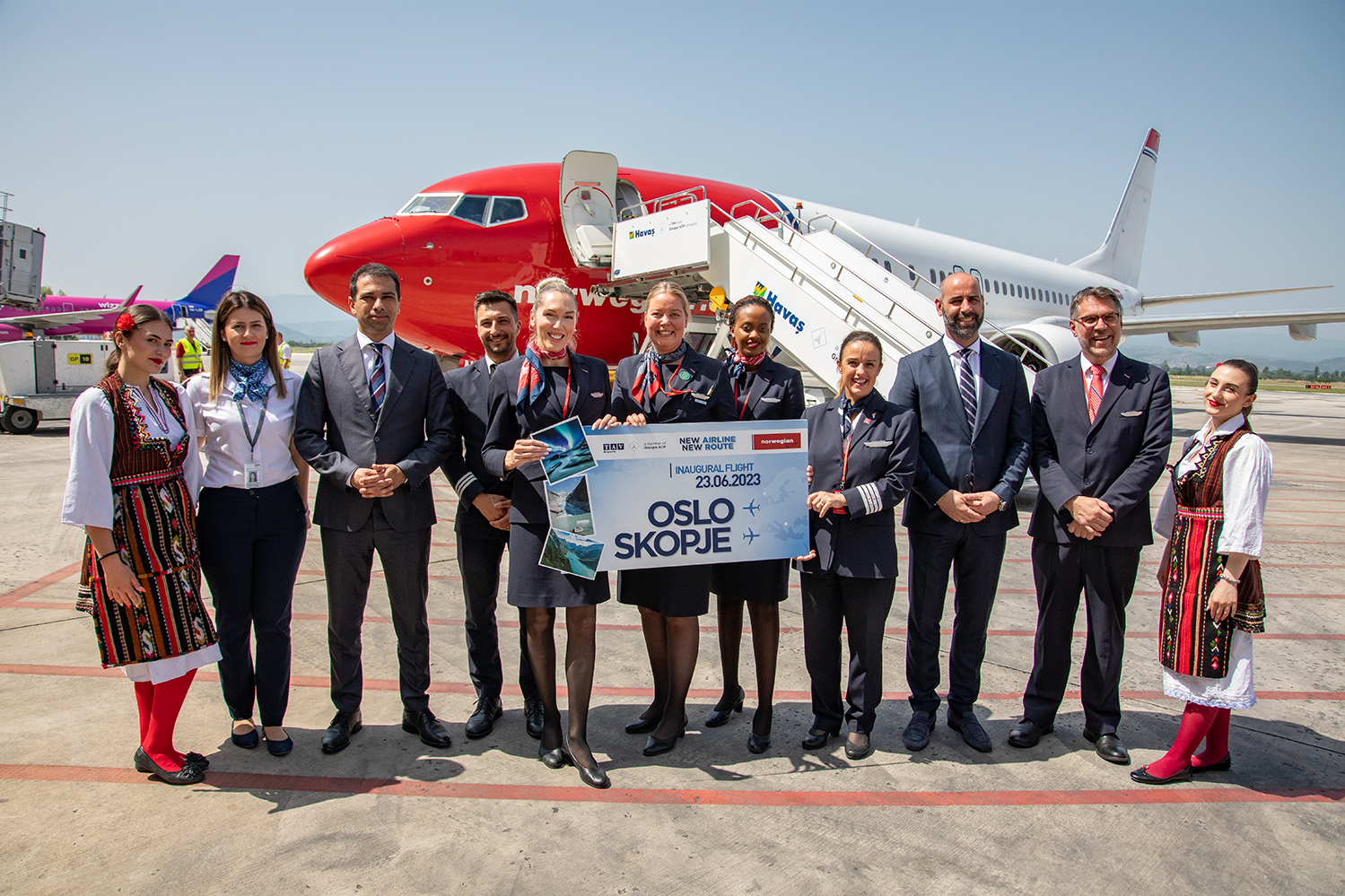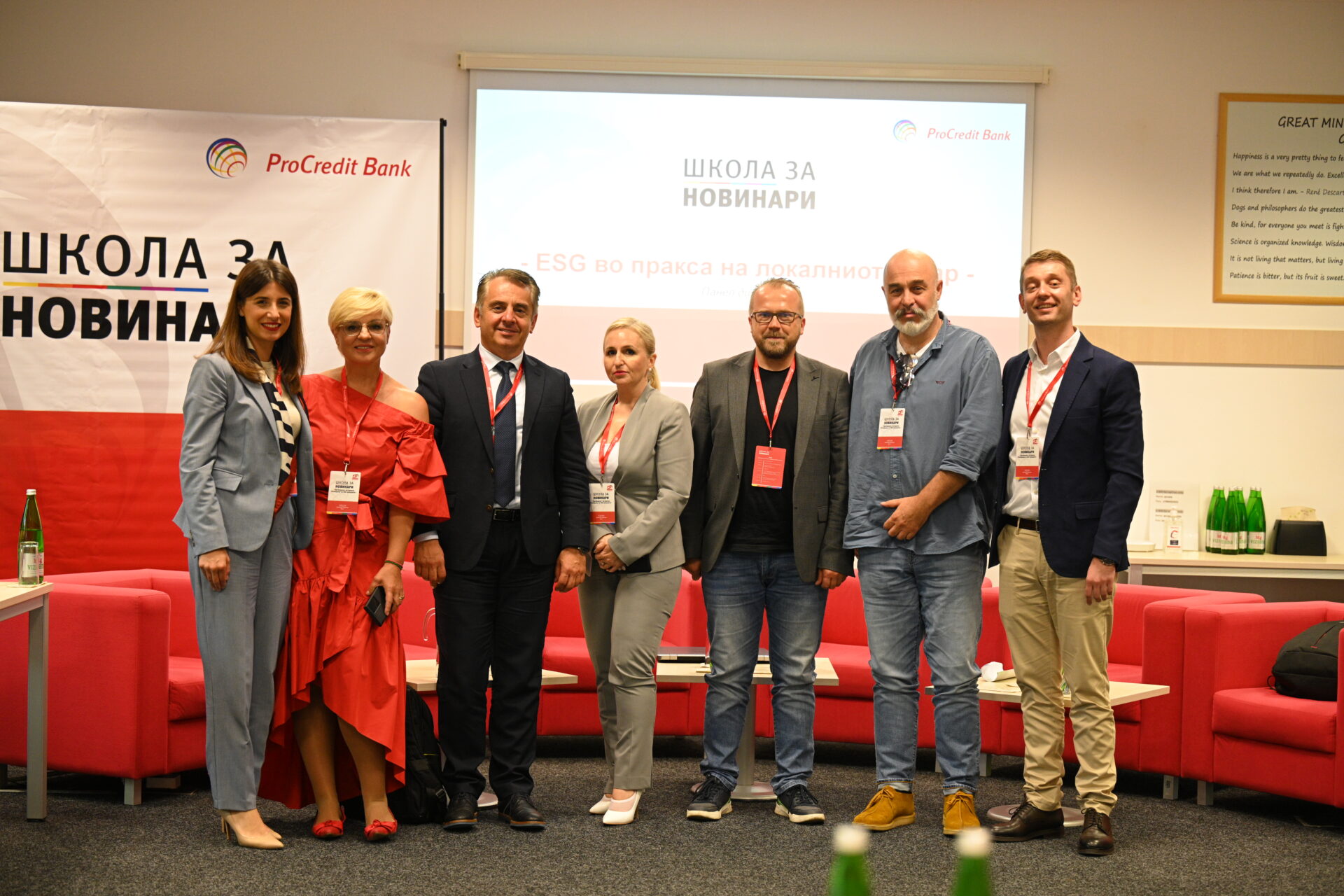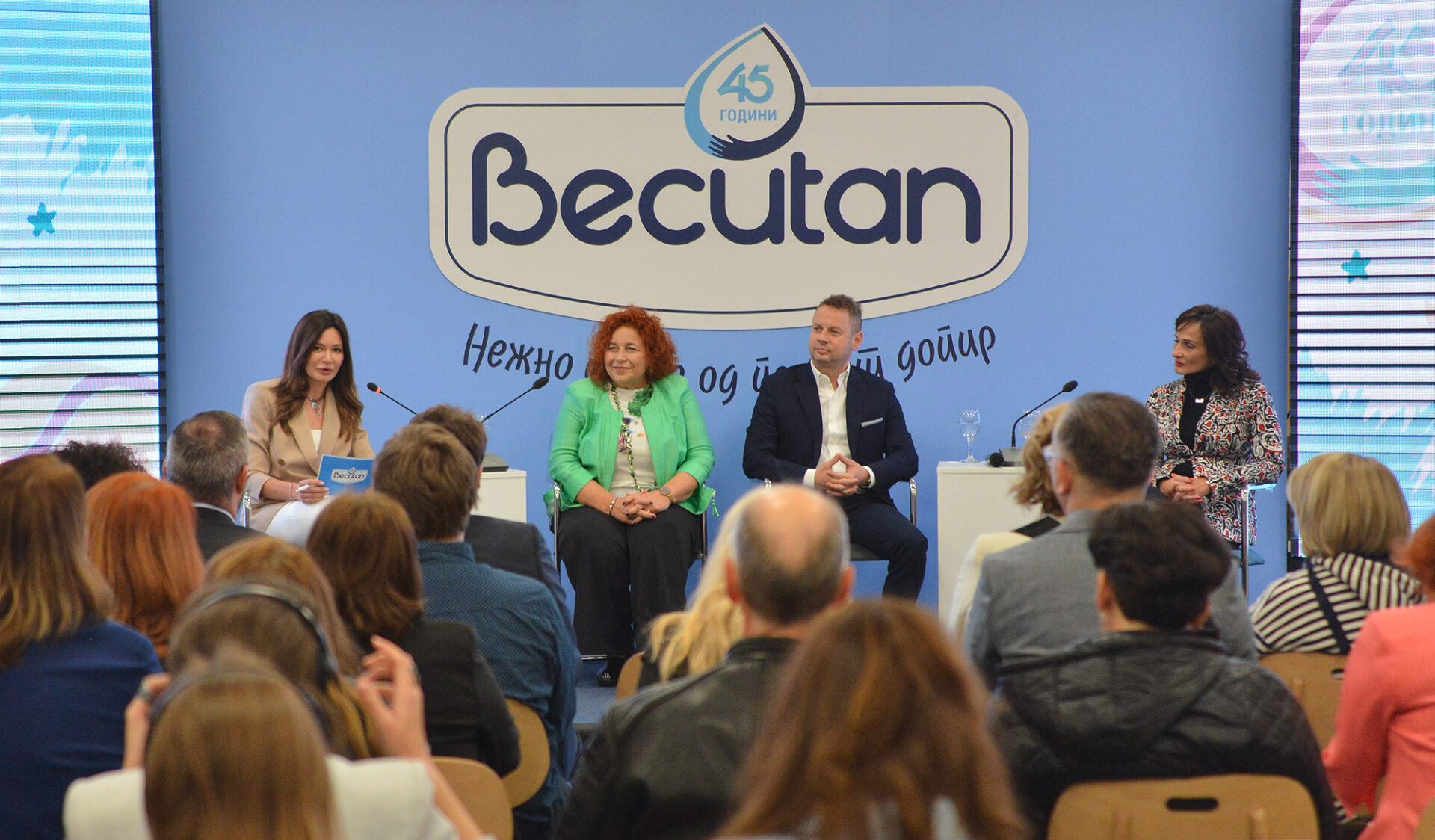Mastercard and Halkbank AD Skopje are proud to announce the latest Priceless Planet action, a platform that unites corporative commitments for a healthier planet and enables significant investments into protecting and improving our environment.
Halkbank AD Skopje in cooperation with its Priceless Planet partners is to take part in the commitment of restoring 100 million trees all around the world within the next five years. The mission of this coalition is “Doing Well by Doing Good”. The global network consists of world-renowned banks and companies.
“It is a great honor to be part of the Priceless Planet Coalition. As a bank for which people and their wellbeing matter the most, the commitment to a healthier environment and reducing the negative environmental footprint which impacts us all, is of paramount importance to us. We will stay on the path of investing in ecological work processes and we would like to urge our clients to do as much as possible for a healthier planet” – said Mr. Bilal Sucubaşı, Halkbank AD Skopje CEO.
New research on sustainability, commissioned by Mastercard, reveals a marked increase in consumer passion for the environment as a result of COVID-19. Over two-fifths of Europeans surveyed (48%) consider reducing their carbon footprint more important now than pre-pandemic. In fact, more than half of Europeans (52%) have become more conscious about how their actions can impact the environment than ever before, with Gen Z and Millennials (58%) leading the charge. This signals a growing trend toward eco-conscious spending and consumption amongst people who want to turn their purchases and rewards redemption into meaningful action for the planet.
The desire towards more conscious consumption has grown over the last decade. However, changes in attitudes and actions have increased at a rapid rate as a direct result of COVID-19. As consumers become more conscious about their own actions, almost three in five (58%) believe that companies should behave in more sustainable and eco-friendly ways since COVID-19, with Gen-Z also leading this shift (62%). Europeans also revealed reducing waste (39%), tackling the issue of plastic pollution in packaging and products (38%), and reducing air and water pollution (35%), as the top three issues they want companies and brands to focus on, in addition to dealing with the pandemic.





